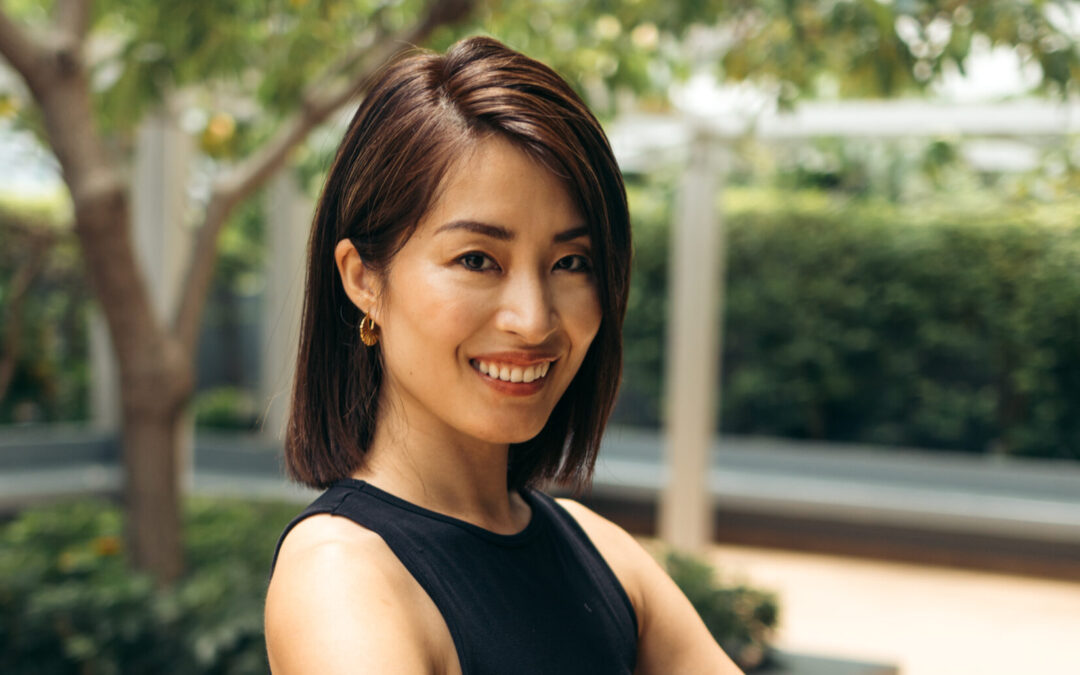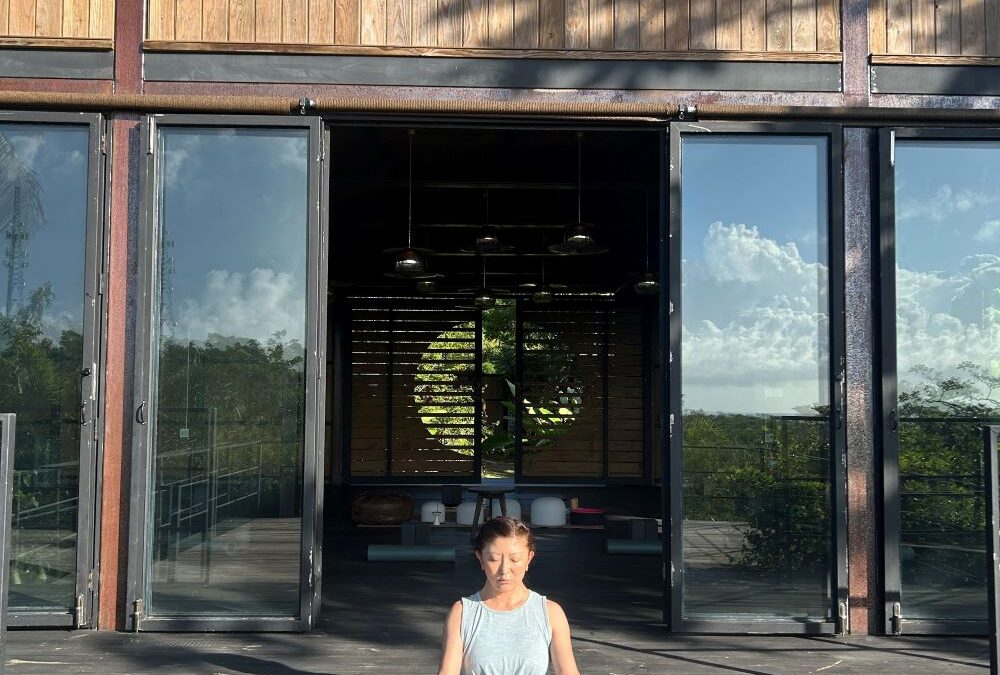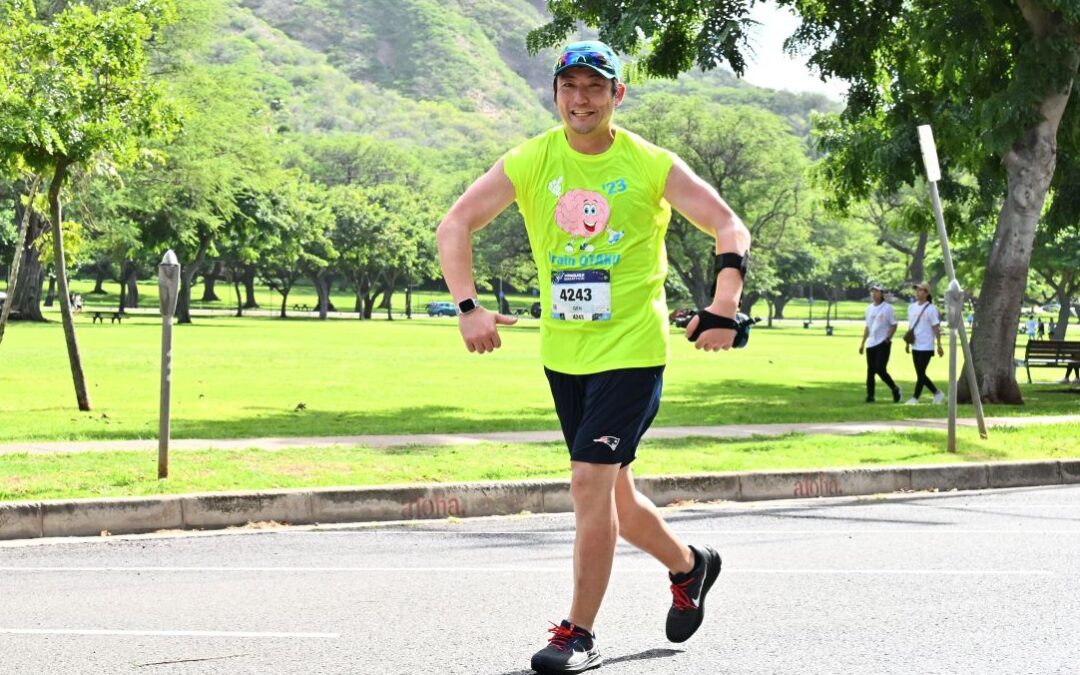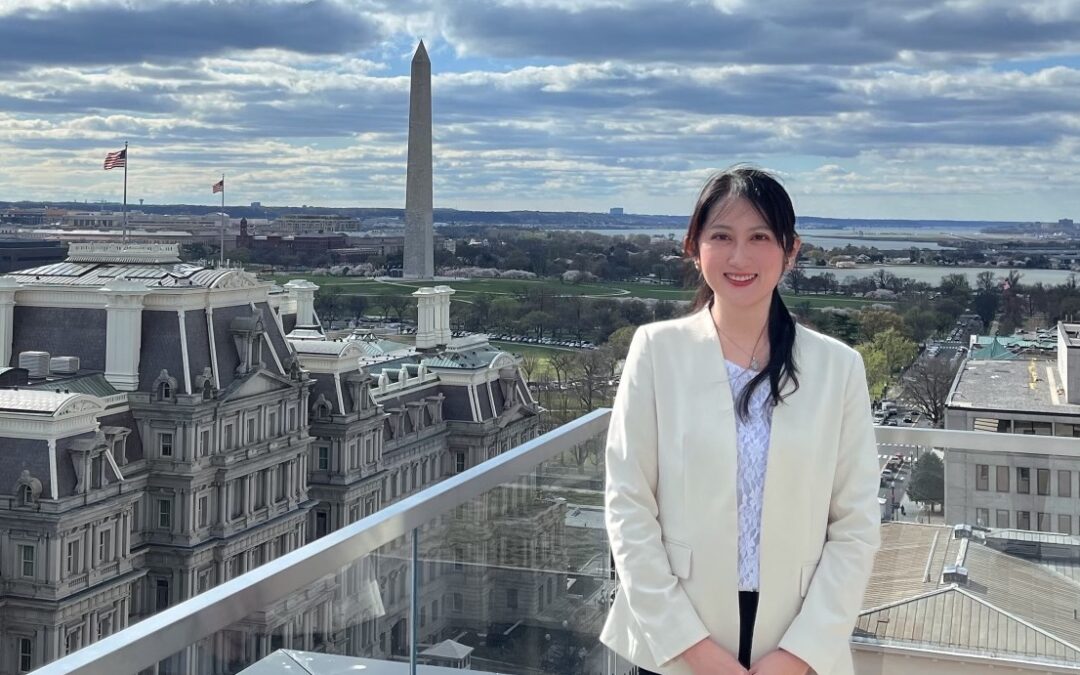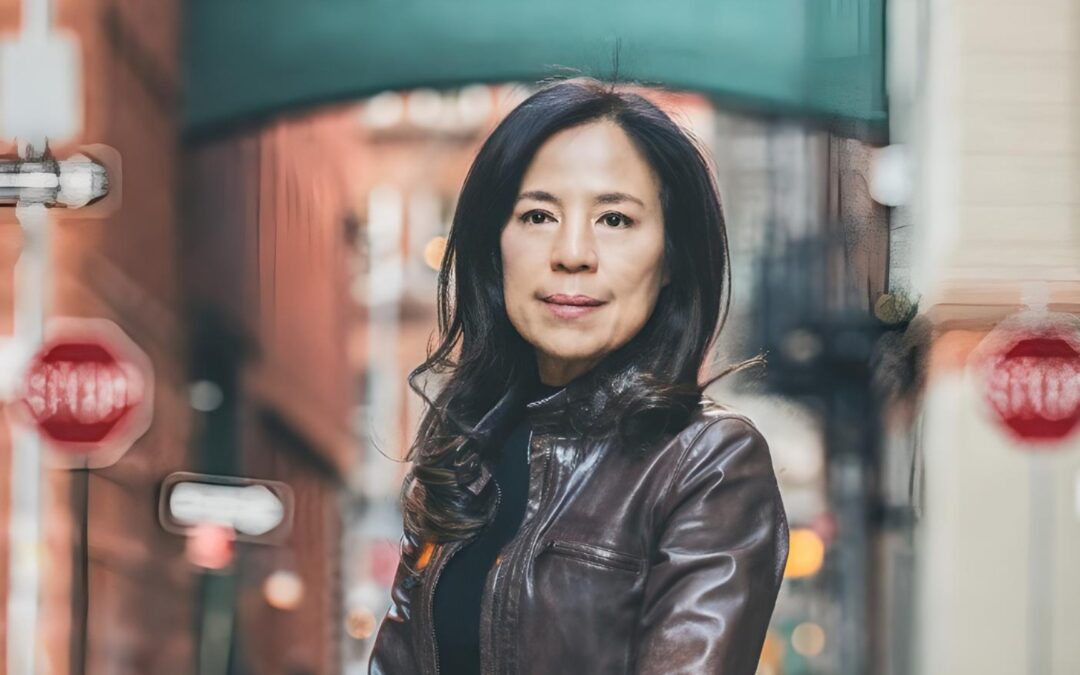For this story, I spoke with Kiyomi Oneal, who excels as a financial producer in Chicago.
1. Please tell us about your journey coming to the United States.
I was working as a nurse in Japan, but due to my husband's work we passed through Hawai and New York, and now we're living in Chicago, Illinois.
2. What kind of work and activities are you doing right now?
Right now, I'm working as a financial producer. Before I took this job, I got an American nursing license using the one I had gotten in Japan, so I was working as a nurse in Hawaii and New York. During that time, I had the chance to learn about money and was surprised to realize I knew hardly anything about it. Because of that, I started thinking that I wanted to teach my children how to save, and at the same time, I realized that all around me, many people in America had a poor understanding of money.
So I took a finance class and got my health insurance and life insurance licenses, and after that, I started familiarizing my clients with the actual financial matters of insurance, tuition expenses, pensions, nursing insurance, tax reduction- things like that- to support them. For people who are raising children, I also help them create a plan to secure financial aid to cover the rising costs of college. My clients have varying goals, but Japanese people in particular find the terminology of money difficult in America, and since there are many people who just give up trying to understand it, I have recently had the privilege of offering support in Japanese, as well.
I'm also involved in training entrepreneurs who, like me, utilize their knowledge of finance. With our partners in this program, we have offices in Hawaii, Texas, Ohio, Maryland, and elsewhere, and in the future I think we want to expand these programs all over America. The people who participate in the training program are school teachers, doctors, housewives, and others with many different backgrounds. One of the advantages of working in finance is that it's a job you can do anywhere, and you can adjust your time commitment freely. Also, rather than being employed by a company, you can support yourself independently with your own business. It's also nice that your income has no upper limit, since this job isn't like being someone's employee.
3. Is your current job fun? Have there been any hardships?
Every day is really fun. I became a nurse because I liked people, but I felt actual medical care conflicted with my worldview, so I decided to quit. I feel happy now that I can support people through my finance job, and I also feel so happy that the people whom I've worked with or done business with can create a solid roadmap for their finances in the future. There are people who suffer physically because of money, or who become sick and lose their assets, and I want to help many people so that that never happens to them. Since starting my job in finance, I have also been speaking in front of crowds more, and because those are chances for me to grow, I have been taking on those challenges, figuring they'll make me stronger.
The biggest hardship has been English. When we first came to America, my husband was often away from home during long-term work, and I struggled with English in the workplace. Also, when we were living in Japan, I had a tendency not to say what I was thinking outright or plainly, but that isn't very common in America, so little by little I've begun learning how to state my opinions clearly.
4. Please tell me about your current dreams and goals.
As I continue my current job, I've been thinking I want to create a holistic hospital or some other place like that. The holistic hospital I'm imagining is a place that can also support people mentally, because I've been a nurse, and I feel like medicine also has the chance to make people sicker. Other than that, I want to help many people maintain their emotional and physical health by creating financial roadmaps for them, so that they can set out toward happier lives.
5. Do you have any words for Japanese women here in the U.S. who have yet to find their passion or who are anxious about taking the first step to pursue their passion?
Please follow your own vision! Since Japanese people tend to avoid risks, I would want them to live by following their dreams. To that end, I have been doing "vision stretches." For example, try asking yourself, "If I had no limit on time or money, what would I want to do?" My mentor is someone who immigrated from Hong Kong to America, and immigrants like her have very strong motivation. It's important to find something you can feel enthusiastic about. I think I would want this person to believe in themselves and steadily keep growing.
Kiyomi Oneal’s website
https://wfgconnects.com/kiyomioneal
★ Interviewer's note
That Mrs. Oneal enjoys her work from the bottom of her heart, helps both her clients and Japanese women to earn money through finance, and assists in the training of entrepreneurs harmonizes and resonates with Hub Park's mission. I think the continuing need for jobs that can be done freely from home is still great. Also, I'm told that in 2022, Mrs. Oneal's three grandchildren were born, so she was boldly flying all across the country to provide childcare support. It's a lifestyle with characteristic flexibility. Mrs. Oneal even made me feel energized and excited.


